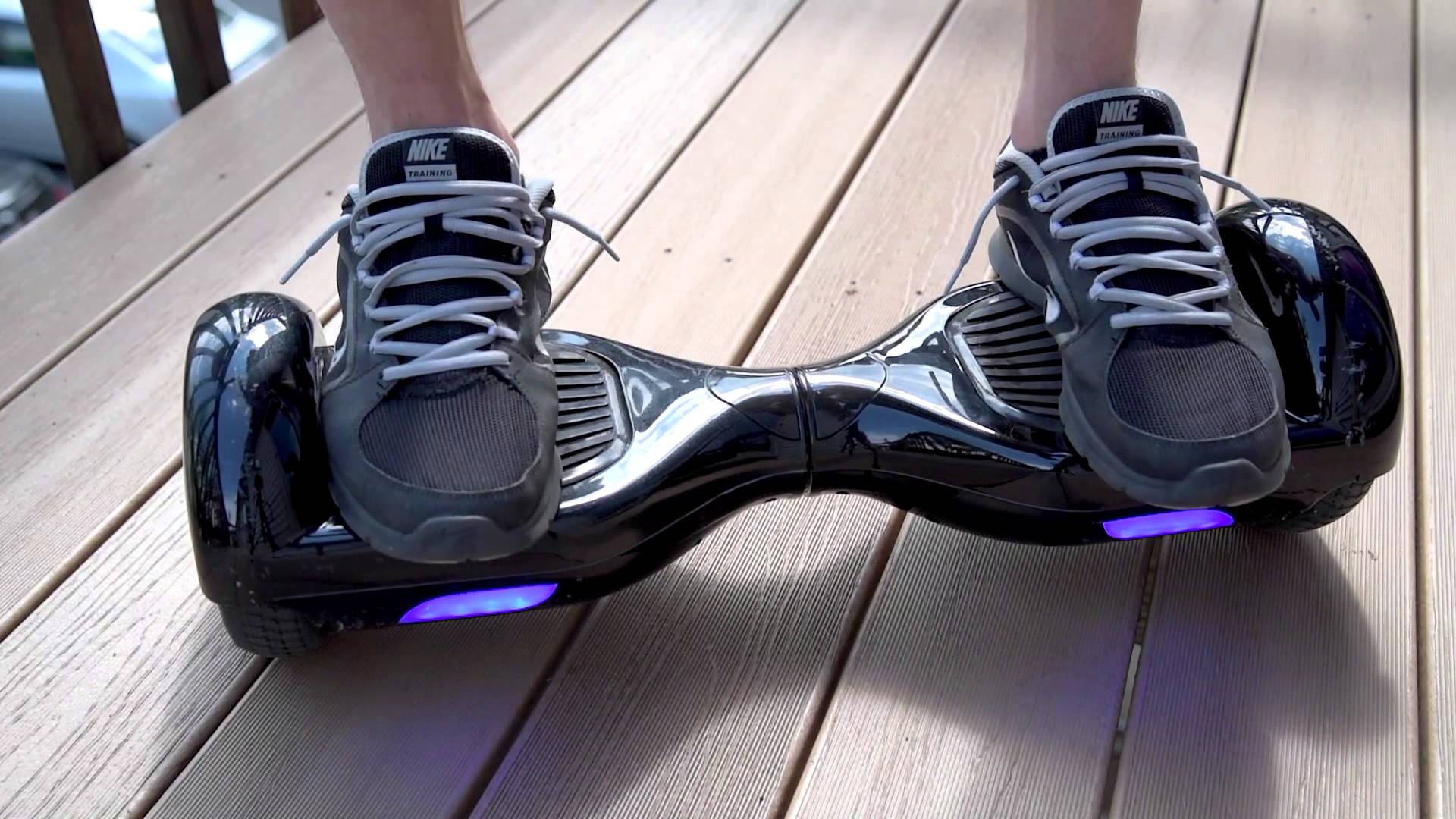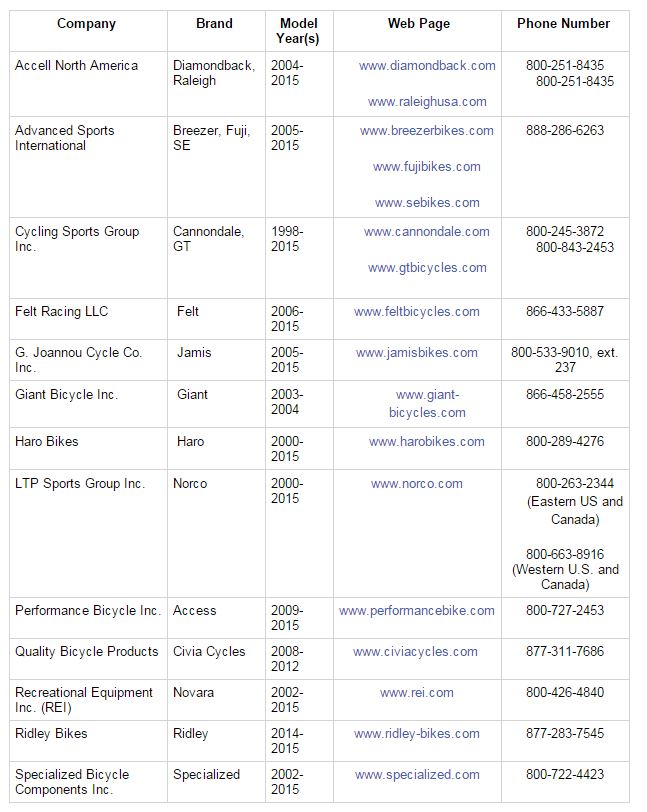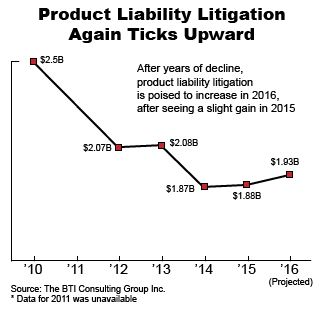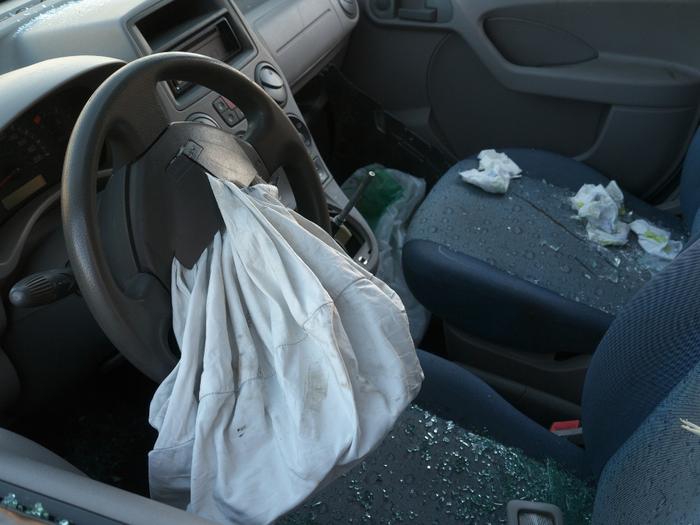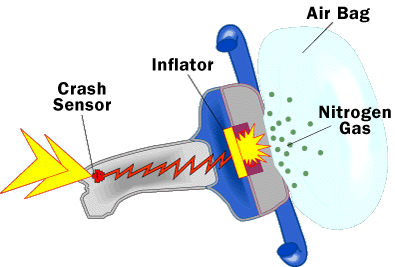Defective hoverboard catches fire in Staten Island, NYC
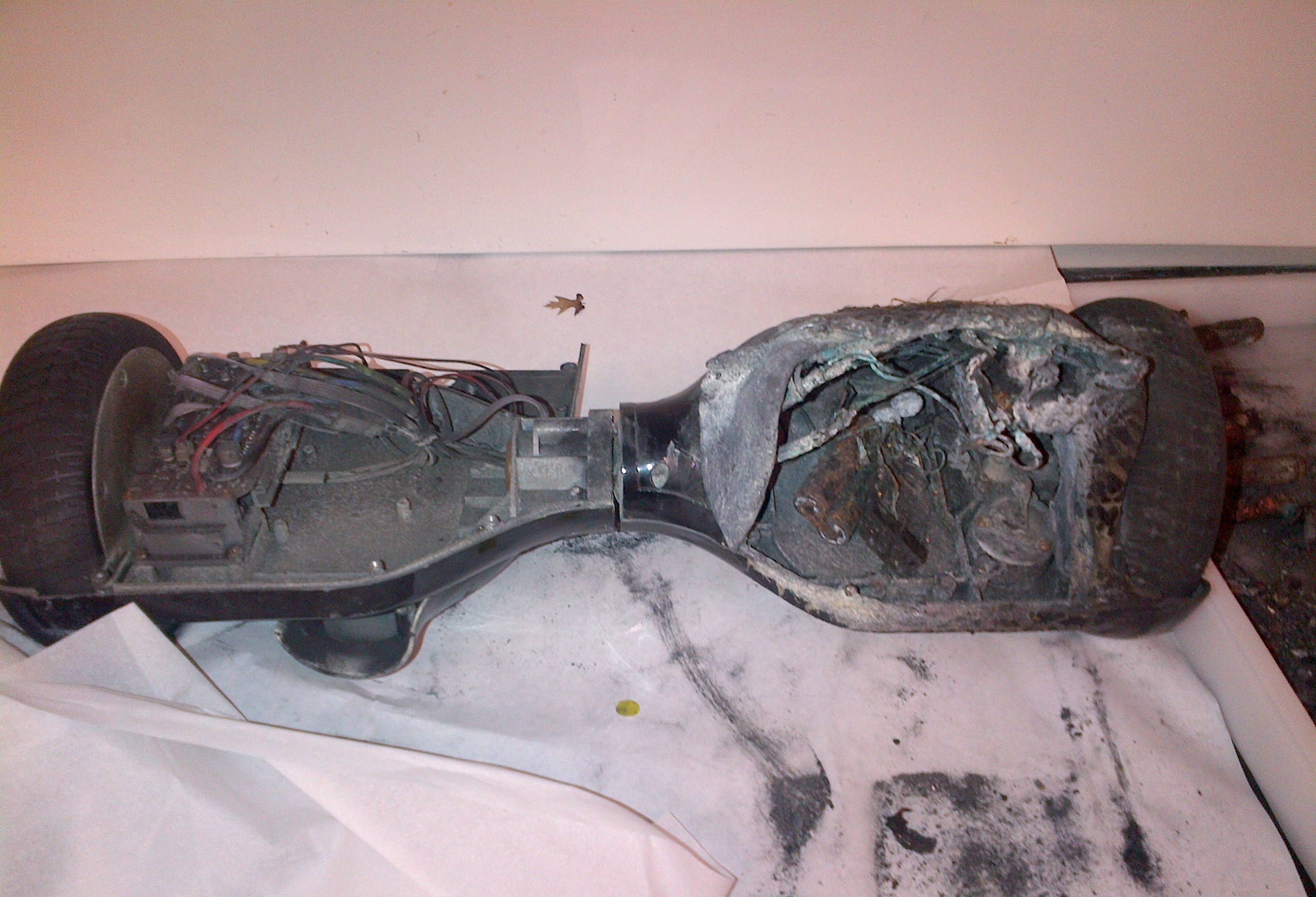 Another defective hoverboard burst into flames creating a fire in a New York City home last week. According to the FDNY this is the third recent case of a hoverboard fire in the city. Lorraine White from Staten Island paid more than $400 for a Swagway hoverboard for her son last Christmas. She knew about the risk of fire. Therefore she avoided buying a cheap knockoff and paid over $400 for a popular “Swagway” model thinking that it would be safer. It wasn’t the case. One evening, the hoverboard started to smoke in her son’s room and then burst into flames destroying part of the bedroom. Thankfully nobody was injured. (read more in the silive)
Another defective hoverboard burst into flames creating a fire in a New York City home last week. According to the FDNY this is the third recent case of a hoverboard fire in the city. Lorraine White from Staten Island paid more than $400 for a Swagway hoverboard for her son last Christmas. She knew about the risk of fire. Therefore she avoided buying a cheap knockoff and paid over $400 for a popular “Swagway” model thinking that it would be safer. It wasn’t the case. One evening, the hoverboard started to smoke in her son’s room and then burst into flames destroying part of the bedroom. Thankfully nobody was injured. (read more in the silive)
Another boy from Staten Island suffered personal injury after he tried to clean his hoverboard during a vacation in the Poconos. 11 year old Brandon Miller was hospitalized after the middle finger of his left hand became stuck between the wheel and the base. According to the mother the device started rotating unexpectedly and sucked the boy’s finger in. The boy may risk loosing his finger due to infection and may have permanent burn scares.
Previoulsy the FDNY was also called to stop a fire caused by a defective product in Brooklyn. (see NY Daily News)
 New York Personal Injury Attorneys Blog
New York Personal Injury Attorneys Blog



